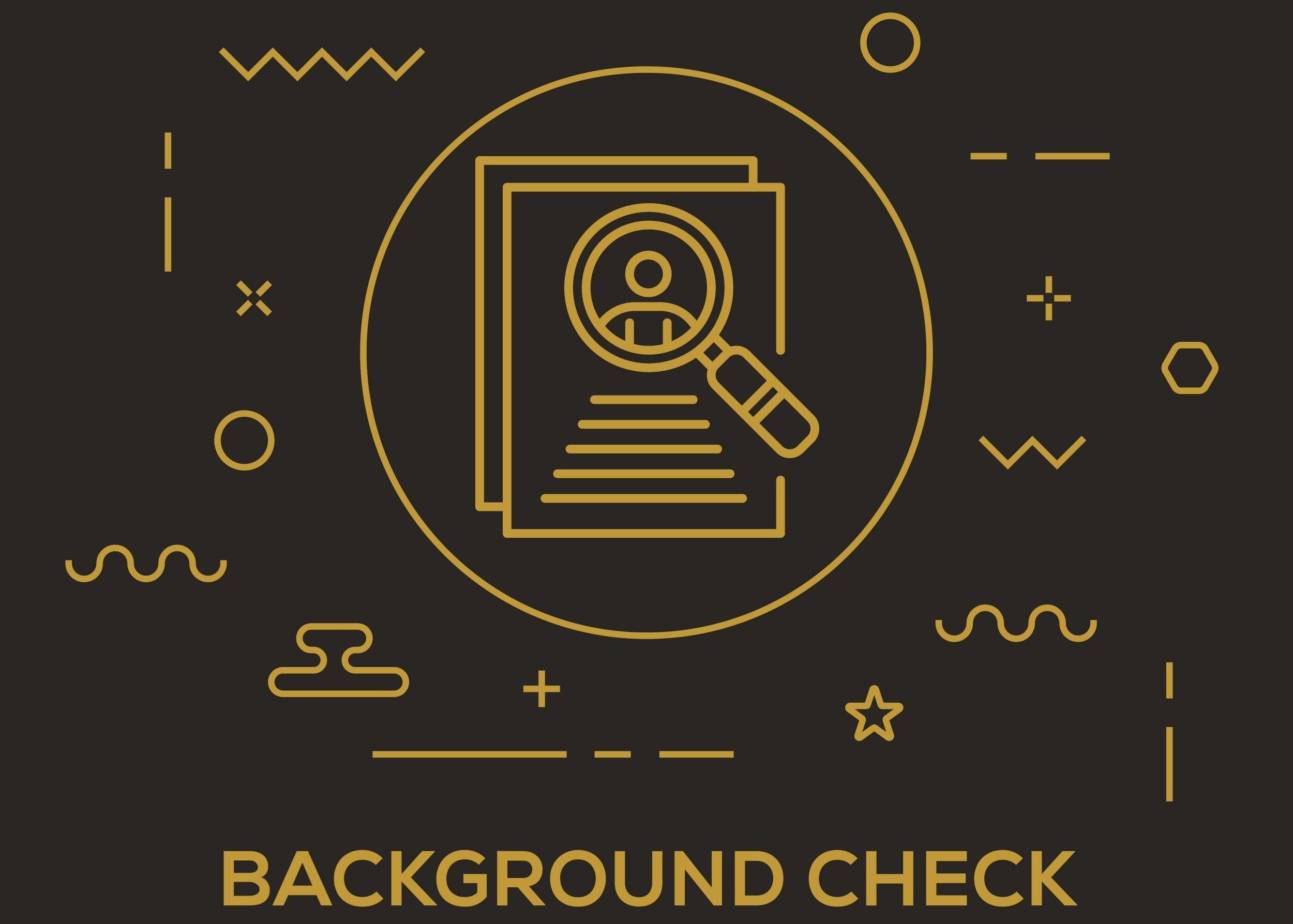DBS Appeal Process
If you are applying for a job that requires an enhanced or standard DBS (formerly CRB) check, you may be worried about what will appear on the certificate.
The certificate will be sent to you, before your prospective employer or regulatory body, so that you have a chance to dispute any of the information that is disclosed by the police.
Appealing a DBS (CRB) Certificate
The police do not always get it right, and you are able to appeal the disclosure of information on your certificate.
If you wish to appeal a DBS certificate then you will have to lodge your DBS appeal within a specified time frame.
Incorrect or wrongly disclosed information
We have helped many clients appeal incorrect information disclosed on DBS certificates.
Sometimes the police may have attributed the wrong offence to your DBS certificate. The police may have included facts on your DBS certificate that are incorrect.
On enhanced certificates the police may sometimes include non-conviction information, such as unproven allegations, on the DBS certificate which are factually incorrect or unfair.
In these circumstances, and others, we are able to undertake a DBS appeal.
Judicial Review and DBS Appeals
In some cases, where the DBS refuse to remove unfavourable information from a certificate, it is possible to appeal.
Disclosure and Barring Service (DBS ) Policy
Previously, the law meant that a great deal of past convictions and cautions were automatically disclosed on a DBS (or CRB as it was then known) certificate. However due to the great unfairness that this caused to a many people the law was altered to reflect human rights considerations.
The government in drafting a disclosure regime had to undertake a careful balancing exercise between individual citizen’s right to a private life, and the need for rehabilitation against the broader public interest concern of protecting society from potentially dangerous people. This was not an easy exercise to undertake, given the multitude of conflicting interests and the huge variety of individual personal circumstances. As a result the current DBS regime can still work an injustice to certain members of the public.
DBS Filtering Rules
The new regime means that, at least on standard DBS checks, cautions will come off after 6 years and many types of convictions will come off after a period of time. Those who have:
- received prison sentences (included a suspended one)
- or have been convicted for an offence on a proscribed list
will fall foul of the DBS scheme and will find their convictions will always be disclosed.
NB, November 2020 edit: Youth cautions, warnings and reprimands are immediately “protected” subsequent to changes implemented by the government. This means that even for offences that appear on the DBS list of unfilterable offences, they will not be automatically be disclosed on an enhanced and standard DBS check. It should be noted however despite the changes, it is still possible for facts related to youth cautions, warnings or reprimands to still be disclosed on an enhanced DBS certificate if the police feel the information is “relevant”.
DBS Appeals Solicitor
If you feel that your DBS certificate is incorrect or unfair then please get in touch.
We are expert DBS appeal lawyers, our specialist solicitors are also able to appeal the issue of unfair police cautions and also apply for the deletion of arrest records.
DBS Barring Solicitors
Along with challenging enhanced and standard DBS certificate, we are also frequently instructed to challenge or appeal DBS barring decisions.

